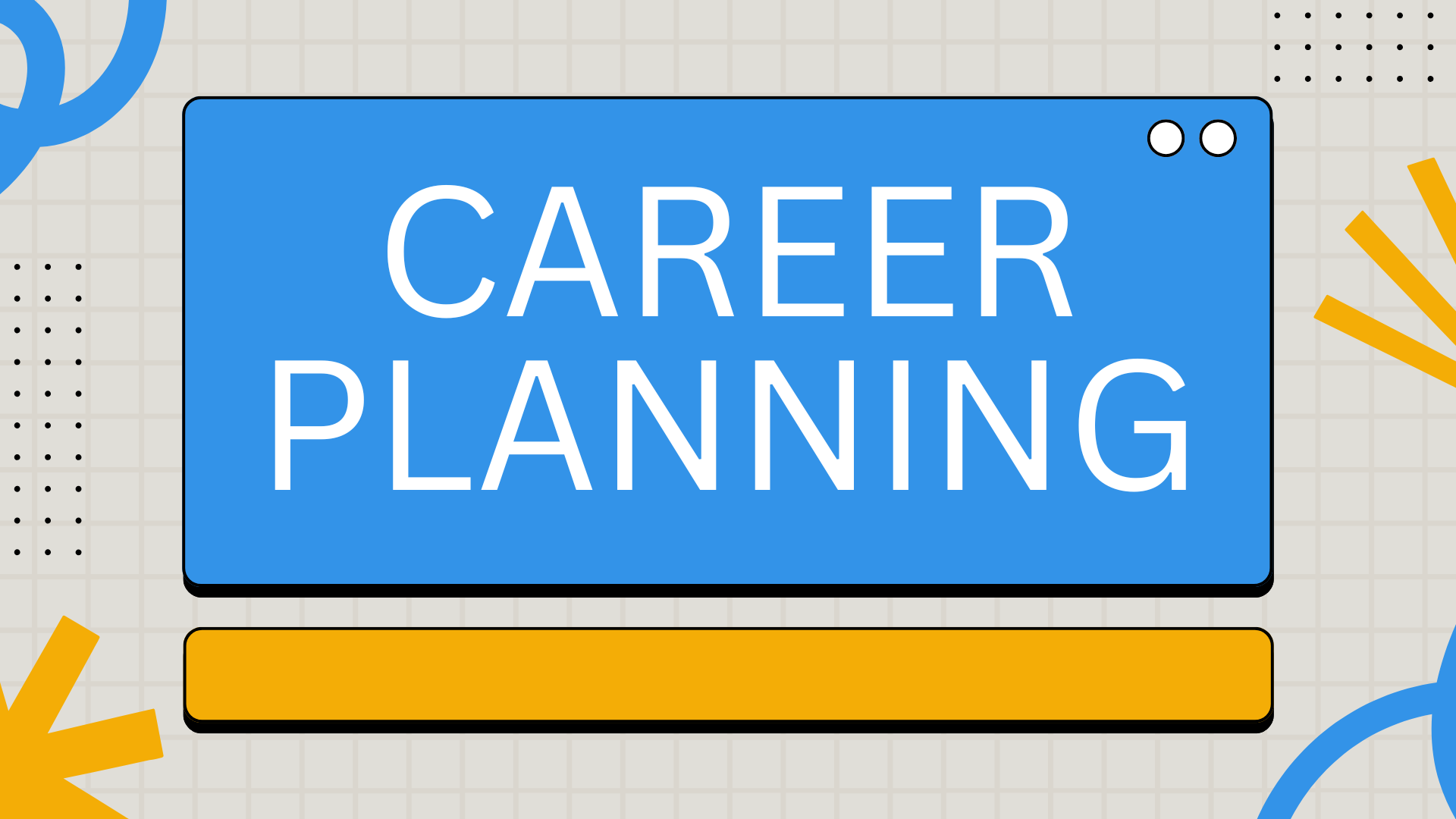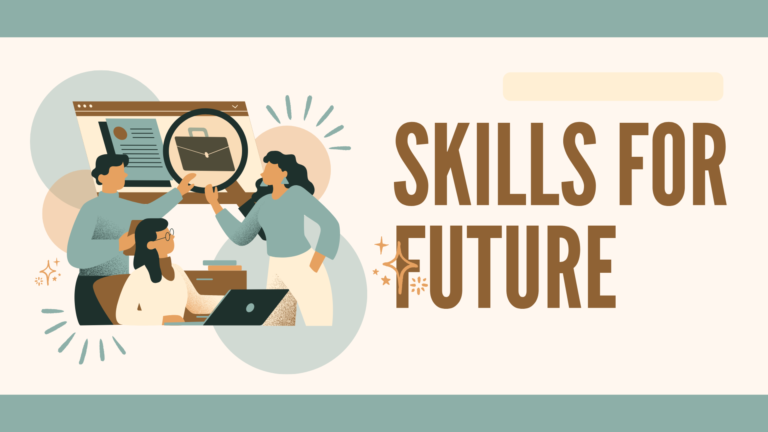Career Planning for Success
Career planning is a strategic process that helps individuals navigate their professional journeys and achieve long-term success. It involves setting goals, understanding your skills and interests, and creating a roadmap to reach your desired outcomes. A well-thought-out career plan not only provides clarity but also enhances confidence and preparedness in the face of challenges. Here’s a comprehensive guide to effective career planning that leads to success.
1. Understand Yourself
The foundation of career planning is self-awareness. Knowing your strengths, weaknesses, interests, and values allows you to choose a path that aligns with your personal and professional aspirations.
- Assess Your Interests: Reflect on the tasks, projects, or hobbies that excite you. Your passions can offer clues about the fields where you can excel.
- Identify Your Skills: Consider what you are naturally good at, such as problem-solving, communication, or leadership. These transferable skills can be applied to various roles.
- Clarify Your Values: Think about what matters most to you—whether it’s work-life balance, making a social impact, or financial stability.
2. Set Clear Goals
Defining your goals is a crucial step in career planning. Without a clear destination, it’s challenging to chart a course.
- Short-Term Goals: These are immediate objectives that you can achieve within months or a year, such as acquiring a new skill, networking with industry professionals, or landing an internship.
- Long-Term Goals: These focus on where you want to be in five, ten, or even twenty years, such as attaining a leadership position or starting your own business.
- SMART Goals: Ensure your goals are Specific, Measurable, Achievable, Relevant, and Time-bound. For example, instead of saying, “I want to improve my skills,” set a goal like, “I will complete a certification in digital marketing within six months.”
3. Research Career Options
Exploring potential career paths helps you identify roles that match your aspirations.
- Understand the Job Market: Research industries and roles that are in demand. Look into job descriptions, responsibilities, and required qualifications.
- Explore Growth Opportunities: Consider careers with strong growth potential to ensure stability and advancement.
- Look for Alignment: Match your research with your skills and interests to shortlist career options.
4. Develop a Roadmap
Once you’ve set goals and identified potential career paths, create a roadmap to guide your actions.
- Education and Training: Determine the qualifications or certifications you need and enroll in relevant courses. For example, pursuing a Master’s degree, learning programming languages, or completing internships.
- Skill Development: Focus on building both technical and soft skills. Communication, teamwork, and adaptability are crucial in almost all professions.
- Gain Experience: Seek internships, part-time jobs, or volunteer opportunities to gain hands-on experience and build your resume.
5. Build a Professional Network
Networking is a powerful tool in career planning. It can open doors to opportunities, mentorship, and valuable insights.
- Attend Industry Events: Participate in conferences, workshops, or webinars to meet professionals and stay updated on trends.
- Use Social Media: Platforms like LinkedIn can help you connect with industry leaders, join professional groups, and showcase your skills.
- Find Mentors: Seek guidance from mentors who can provide advice, share experiences, and offer feedback.
6. Stay Flexible and Open to Change
The professional world is dynamic, with industries evolving and new roles emerging. Being adaptable is crucial to long-term success.
- Embrace Lifelong Learning: Continuously update your knowledge and skills to stay relevant. For example, learn about emerging technologies or trends in your field.
- Be Open to Opportunities: Sometimes, unexpected opportunities can lead to fulfilling career paths. Stay open-minded and willing to explore.
- Reevaluate Your Plan: Periodically review your goals and progress. Adjust your plan if necessary to reflect your changing interests or circumstances.
7. Overcome Challenges
Every career journey comes with its share of obstacles. Effective planning can help you navigate them confidently.
- Manage Fear of Failure: Understand that setbacks are part of growth. Use them as learning experiences to refine your approach.
- Balance Passion and Practicality: While pursuing your passion is important, consider factors like job demand, earning potential, and career stability.
- Stay Resilient: Develop a growth mindset that focuses on continuous improvement and persistence in the face of difficulties.
8. Measure Progress
Tracking your progress is essential to ensure you’re moving in the right direction.
- Set Milestones: Break your goals into smaller, achievable steps. For example, completing a course within three months or applying for specific roles by a deadline.
- Evaluate Success: Regularly assess whether your actions align with your goals. If not, identify areas for improvement and make necessary adjustments.
- Celebrate Achievements: Recognize and reward yourself for reaching milestones, as this will keep you motivated.
9. Leverage Resources
Various tools and resources can aid your career planning process.
- Career Counseling: Professional counselors can provide guidance and help you identify suitable paths.
- Online Platforms: Utilize job portals, skill development websites, and industry blogs to gather information.
- Books and Courses: Reading books on career planning or enrolling in workshops can provide valuable insights and strategies.
10. Create a Balanced Life
Success isn’t just about achieving career goals; it’s also about leading a fulfilling life.
- Maintain Work-Life Balance: Ensure that your career plan leaves room for personal interests, family, and self-care.
- Prioritize Mental Health: Avoid burnout by managing stress and seeking support when needed.
- Pursue Hobbies: Engaging in activities outside work can boost creativity and overall satisfaction.
Conclusion
Career planning is an ongoing process that requires introspection, research, and strategic action. By understanding yourself, setting clear goals, and staying adaptable, you can build a career that aligns with your aspirations and values. Remember, success isn’t just about reaching a destination; it’s about enjoying the journey and continuously evolving to achieve your fullest potential. With the right mindset and planning, you can create a fulfilling and rewarding career.








